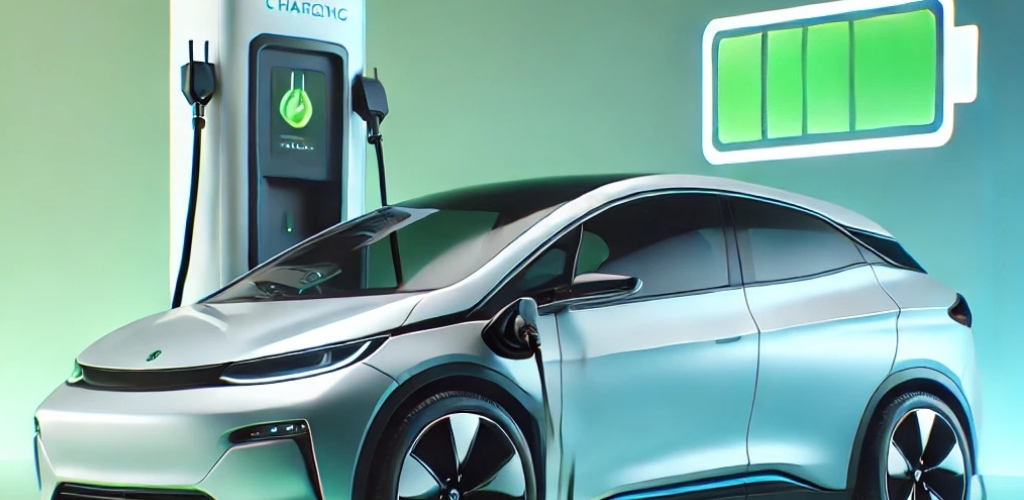Installing an electric vehicle (EV) charging station is a significant step toward a sustainable future, but the process can be challenging, especially if you don’t own the land. Establishing a proper legal foundation is a crucial step that can significantly impact the success of your project.
Legal Basis for Land Use
To install a charging station in Croatia, you need a legal basis to use the land. If you own the land, the process is straightforward, as your ownership is recorded in the land registry. However, if the land belongs to someone else, a formal agreement with the owner is required to secure the right to install the station.
HEP’s Role and Energy Approval
Hrvatska elektroprivreda (HEP), Croatia’s national electricity provider, oversees connections to the power grid. To install a charging station, HEP requires Energy Approval (Elektroenergetska Suglasnost, EES), which outlines grid connection terms. A request for Energy Approval also serves as a request for a connection agreement.
A properly regulated legal basis for the land is essential to obtain the EES. Previously, lease agreements were common. However, under new HEP rules, leases are no longer acceptable in most cases.
Legal Options: Easement or Building Right
HEP now requires the legal basis to be established through an easement or a building right, each with its own benefits and drawbacks:
-
Building Right:
-
A building right grants the holder the ability to use land for a specific purpose, such as installing a charging station.
-
However, it has limitations:
-
It applies to the entire land parcel, which may not be practical or acceptable to the owner.
-
Existing structures on the parcel automatically become the property of the building right holder, creating potential disputes.
-
-
-
Easement:
-
Easements are more flexible, as they can be limited to a specific area within the land parcel.
-
They don’t burden the entire parcel, making them more attractive to landowners and easier to implement under Croatia’s Land Registry Act.
-
If the land is not yours, securing a legal basis that complies with HEP’s requirements is critical. While building rights are an option, their limitations make them less practical in most cases. Personal easements (Croatian: nepravilna služnost) benefiting a specific individual or entity, are often the best choice. They allow for precise spatial limitations and avoid unnecessary encumbrances on the property.
By choosing the right legal framework, you can meet regulatory requirements, ensure a smooth approval process, and contribute to a greener, EV-friendly Croatia.


